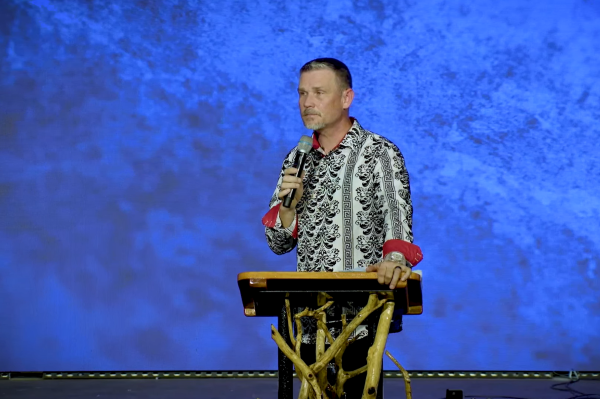Tim Keller on How to Provide a Rational Justification for the Christian Faith
New York City pastor Tim Keller says Christians should be able to present rational arguments for their faith, noting that the "just believe" statement isn't going to cut it, especially today.
In a two-part blog post, the latest of which was published Tuesday, Keller stated, "Believing has both a head and a heart aspect, so while some non-Christians will need more help with one than the other, we can't ignore either one."
The Redeemer Presbyterian Church pastor was making the case for apologetics, or what apologist William Lane Craig defines as the branch of Christian theology which seeks to provide a rational justification for the truth claims of the Christian faith.
What apologetics aims to do is answer the "why" question, said Keller, who has seen many skeptics brought into a Christian community but still left asking "why should I believe you and not an atheist or a Muslim?"
Keller emphasized that rather than just presenting a case for Christianity, a "gospel-shaped apologetic" must "challenge the non-believer's worldview and show where it, and they, have a real problem."
"I try to show that it takes faith to doubt Christianity, because any worldview (including secularism or skepticism) is based on assumptions," he wrote.
Responding to those who say they can only believe in something if it can be rationally or empirically proven, he stated, "[T]here are all sorts of things you can't prove rationally or empirically. You can't prove to me that you're not really a butterfly dreaming you're a person. (Haven't you seen The Matrix?) You can't prove most of the things you believe, so at least recognize that you have faith."
When confronted with an objection to Christianity, such as the "how could a good God allow such suffering" question, Keller offered this response: "Really? There could be all sorts of good reasons why God allowed something to happen that caused suffering, despite our inability to think of them. If you've got an infinite God big enough to be mad at for the suffering in the world, then you also have an infinite God big enough to have reasons for it that you can't think of."
(Read Lee Strobel: Why Does God Allow Pain, Suffering?)
Citing the late theologian and apologist C.S. Lewis, the New York pastor argued that one can only judge suffering as wrong "if you're using a standard higher than this world, a supernatural standard."
"If there's no God, you have no reason to be upset at the suffering in this world. That's just the way it is. It takes faith to get mad at this world."
The goal in these arguments, Keller emphasized, is to show people that it takes faith to doubt Christianity.
Rather than starting with telling people what to believe, show them their real problem, he said. "We are showing secular people that they have less warrant for their faith assumptions than we do for ours. We need to show that it takes faith even to doubt."
What needs to happen at some point is a presentation of the Christian story "in a way that addresses the things that people most want for their own lives."
Show how Christianity can give them what they are trying to find outside of Christianity, he summed.
"There is a way of telling the gospel that makes people say, 'I don't believe it's true, but I wish it were,'" said Keller. "You have to get to the beauty of it, and then go back to the reasons for it."





















